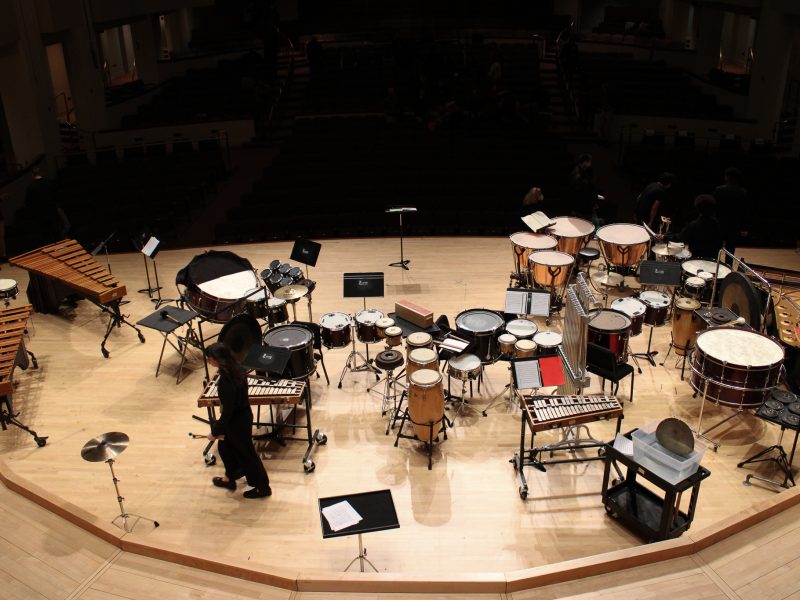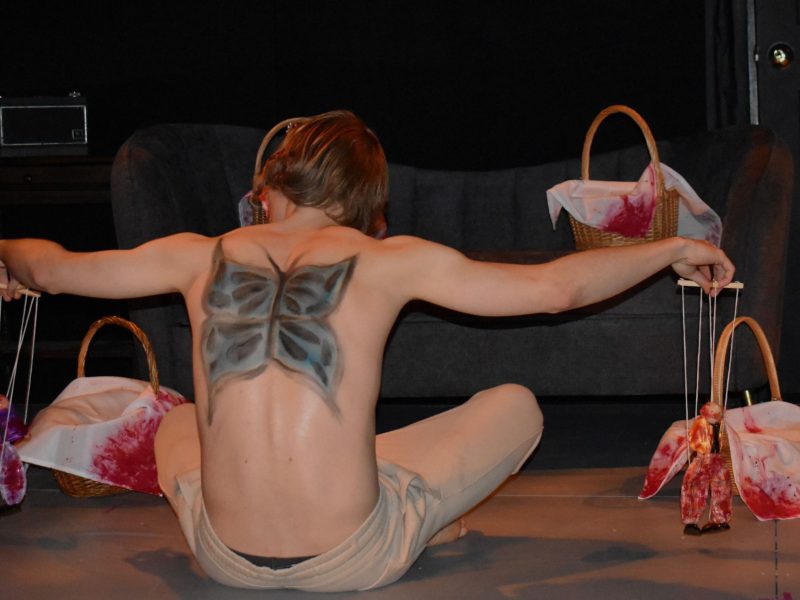Breaking, more commonly known as breakdancing, was officially added to the events program for the 2024 Summer Olympics in Paris on Monday, and all I can say is: This is the strangest reboot of America’s Best Dance Crew I could’ve imagined.
Fans may remember the MTV hit series ABDC that showcased talented dance crews. It joined other competition shows in making dance, especially hip hop and breaking, more mainstream. Shows such as ABDC exposed viewers to the reality of dance: hours of rehearsals and working through injuries for the sake of killing it on stage. This obviously made me happy, as someone who has danced her whole life.
However, these shows can never truly do dance justice. They definitely brought well-deserved attention and celebrated hip-hop just like the often-praised “stage styles” of ballet and jazz. That was not possible though without trying to whittle down the complicated styles into simple competition. They always failed.
Simply put: Dance is not a sport. It’s an art, no matter what the International Olympic Committee or So You Think You Can Dance judges try to tell you. There is no concrete way to measure one dancer against another. There is no set technique or definition of a “good” dancer. Mastering a technique is important for success, but a master technician won’t necessarily be hired for a job. Meanwhile, in sports, stronger physical ability almost always means more success. Games have a clear winner.
My younger self would want to slap me for saying these things. I grew up in competition dance, and my world revolved around training to do better at the next performance. I was at practice more than most of my friends who played sports, so suggesting that I wasn’t athletic was an insult. It wasn’t until I started training in college that I began to realize dance can never be a sport — and that’s totally fine. You don’t need to play a sport to be strong.
[Review: ‘Mank’ is a surprisingly timely story about a timeless subject]
Due in part to those popular shows, more people are aware now that serious dance training is demanding. Adding breaking into the Olympics feels like a sad way of saying, “Hey, I matter, too! I’m just as good as table tennis!”
Dance clearly does not need to be in the Olympics to prove its worth or physical difficulty. We aren’t in high school, where playing a “real sport” was the ultimate validation.
I call dance an athletic art, which means measuring breakers against each other in the Olympics will be a disaster. Judges might only value technique, but a breaker’s passion and personality is what makes them special. Spinning on your head 100 times does not mean you are a stronger B-boy or B-girl — breakdancer — than your opponent. It’s about originality, not beating a record. The Olympics may make the passion of dance feel irrelevant.
In all fairness, breaking is one of the easiest dance forms to put in this kind of setting because it’s inherently competitive. Individuals or crews battle in cyphers and are judged based on their skill and creativity. There are massive B-boy competitions, such as the Red Bull BC One. The style is also very physically demanding and is sometimes compared to gymnastics.
Then it may seem like no big deal to bring the battles to the Olympics. But in reality, it removes the art of breaking from its important cultural context. Athletes may say the same about whatever sport they play, but dance has a different cultural relevance. Breaking is a lifestyle. The style was a cornerstone of New York City culture, especially when it was created in the 1970s.
The International Olympic Committee said this addition was an effort to appeal to a younger demographic and be “more urban.” This is impossible if breaking is removed from the setting it belongs in.
[‘Big Brother Maryland’ offers UMD students belonging during an isolating virtual semester]
I am by no means a B-girl or a breaker. I am not skilled in the form at all, but I, as a dance major, have had my fair share of discussions about the risks of moving culturally relevant styles into a classroom. You will always lose the essence of a form if you move it to an unnatural setting, especially for evaluation. Unless the Olympics can somehow acknowledge what viewers are seeing is not “real” breaking, the essence of the style is gone.
Granted, this could be a massive moment in the breaking world, and for the dance industry as a whole. This is a whole new level of praise and attention, but only if the Olympics execute it properly. Unfortunately, there are no real reasons to believe they will — and I cannot blame them. They will have to declare “winners” for a subjective art form, which is inherently a challenge.
It’s unclear what the Olympics stand for now. It’s the peak for athletes, but it still excludes sports such as squash and cricket. Including dance seems like a desperate reach for more viewership, especially based on the International Olympic Committee’s comments. As a dancer, I am not willing to see one of America’s most important styles suffer for that reason.



